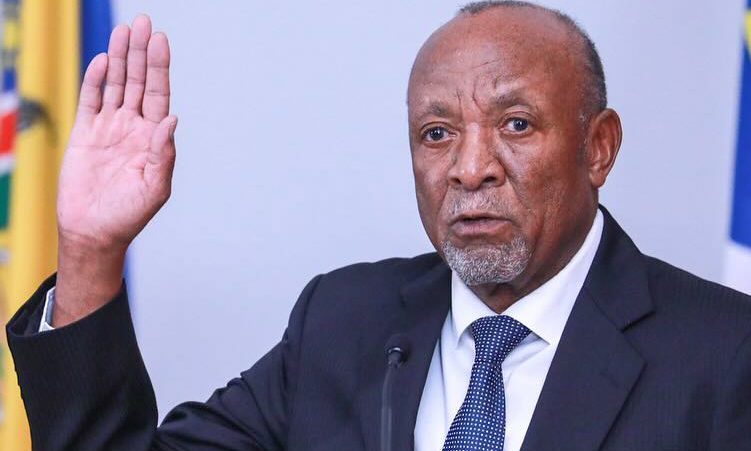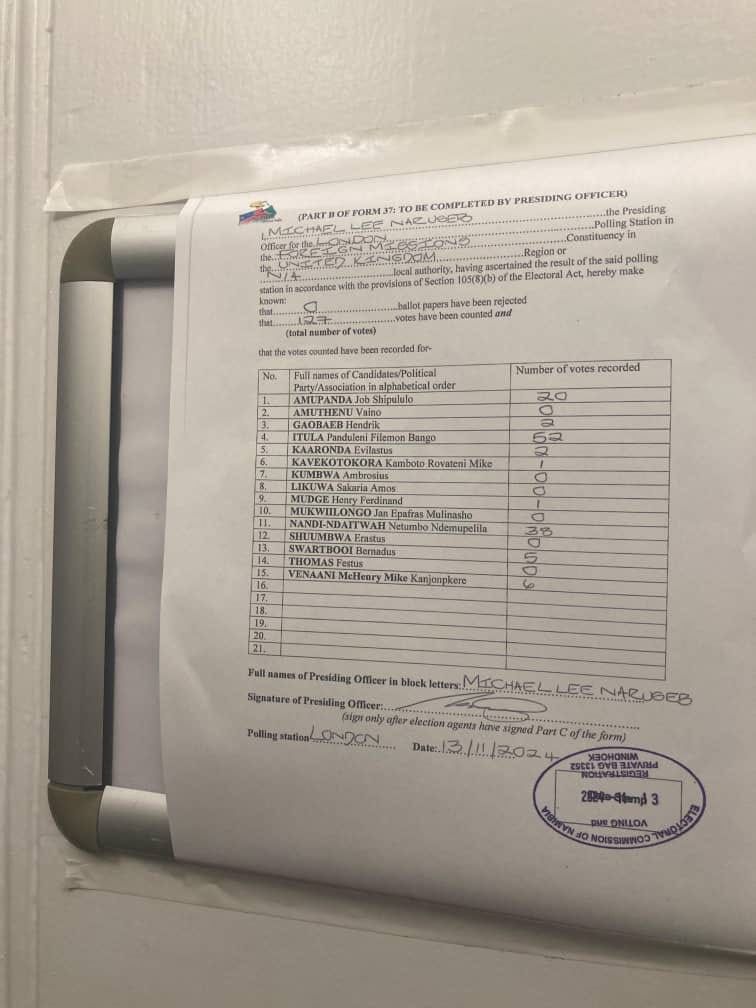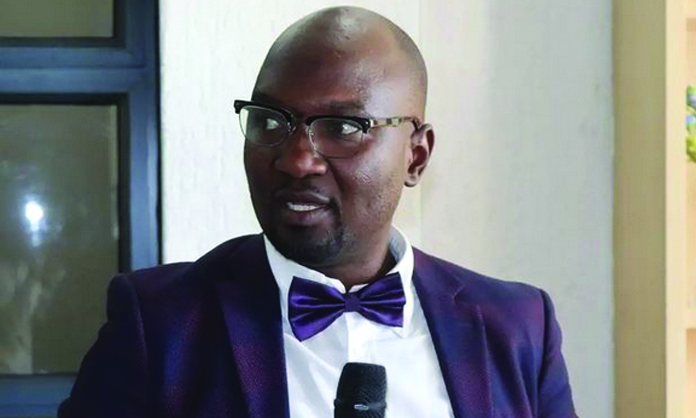…as social media storm brews over appropriate title
After Nangolo Mbumba took the oath of office as president on 4 February, questions have arisen regarding whether he is the acting president or the fourth president of Namibia.
Mbumba replaced president Hage Geingob, who died on 4 February.
The issue has dominated social media discussions, despite Mbumba being the fourth person to take the oath to act or serve as the president.
Namibia found itself in this predicament 10 years after the Constitution was amended to make way for a vice president position.
Lawyer Kadhila Amoomo said the relevant laws in this regard are found in articles 28, 29, 30, 31, 32 and 34 of the Namibian Constitution.
He holds the view that Mbumba was lawfully sworn in as the fourth president of the country.
“The view shared by some that he is merely acting and not a substantive president is not supported by article 30, which captures the oath which was administered on 4 February. It is also not supported by article 29, read with article 34,” said Amoomo.
Amoomo made a comparative analysis of the treatment of acting presidents in the South African and Zambian constitutions as the two countries went through similar events.
In 2008, South Africa had a vacancy when president Thabo Mbeki resigned, and Kgalema Motlanthe became the temporary president of South Africa until the next election in 2009.
Motlanthe is still recognised as the third president of South Africa.
“The comparative analyses tell us that an ‘acting’ president is a substantive president. The word ‘acting’ used in the Constitution is more of a verb than it is a noun. This comes out if you compare the Zambian and South African constitutions which recognise an acting president. Therefore, in conclusion, president Mbumba is the fourth president of the Republic of Namibia,” said Amoomo.
Lawyer Benhard Tjatjara says the fact that Mbumba took the oath will prevail, despite the interpretations surrounding the Constitution.
“A distinction needs to be drawn as to when a vice president will be an acting president and when he will act as president. The former is before an elected president assumes office, and the latter is in terms of succession, in which the vice president acts as president, but not in an acting capacity, though not elected by people but legitimately placed in the position by the [dictates] of the Constitution,” said Tjatjara.
Lawyer Mbanga Siyomunji said Mbumba is the president and not acting as he was sworn in as president and he is the commander in chief of the armed forces.
“Article 29 talks about the unfinished term, which in this case is less than a year before elections, and article 34 talks about the first person to finish the unfinished term of the previous president, and top on the list is the vice president, who has now been sworn-in as president Mbumba, with all the powers of a president,” said Siyomunji.
Former Walvis Bay constituency councillor Knowledge Ipinge also joined in the debate.
He believes article 30 references only the president-elect to take an oath or affirmation and doesn’t mention anything about an acting president or interim president.
“Meaning if article 30 is read in conjunction with article 28, 2(C) and article 34, Mbumba assumed powers similar to those of the president-elect and effectively became the fourth president by default,” he said.
Political commentator Stephanus Pombili went further to explain that article 28 (2C) will only be applicable in the event where the vacancy occurred more than one year before the date on which presidential elections are required to be held.
He said the fact that there will be no election within a period of 90 days as stipulated in article 28, the vacant office shall be filled in accordance with the provision of article 34.
“This means that Mbumba cannot act since there is no by-election within 90 days to elect a president. Instead, he shall assume the full presidency,” he said.
United Democratic Front (UDF) spokesperson Mabasen //Narib said the fact that Mbumba will serve until 21 March 2025, is no longer under one year and thus, there should have been a by-election within 90 days in terms of the Constitution.
“What UDF also wants to know is which method was used to determine that the unexpired period of the preceding president’s term was under one year? The Constitution talks about a term and it does not talk about the presidential election date,” he said.
He also questioned why Mbumba was elevated to presidential status, while the Constitution states that he has to take up the office in an acting capacity.
“Article 34 has to be crystal clear on succession. And as expected, the article gives an outline of hierarchy as to who is eligible to fill the vacancy of the Office of the President. But what seems to be ignored in the entire process of interpretation of the law is the fact that whoever fills the vacancy should be regarded as having done so in an acting capacity for the unexpired portion of the preceding president’s term,” said //Narib.
Stay informed with The Namibian – your source for credible journalism. Get in-depth reporting and opinions for
only N$85 a month. Invest in journalism, invest in democracy –
Subscribe Now!






